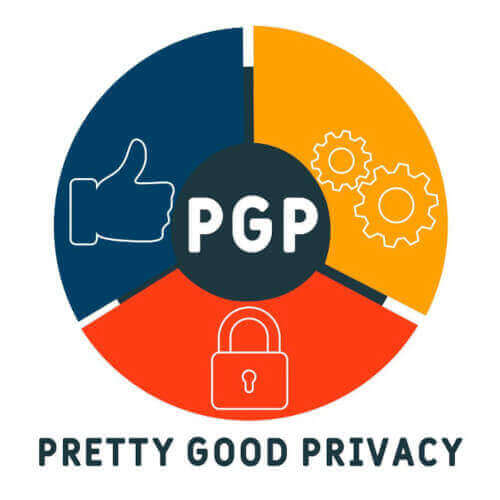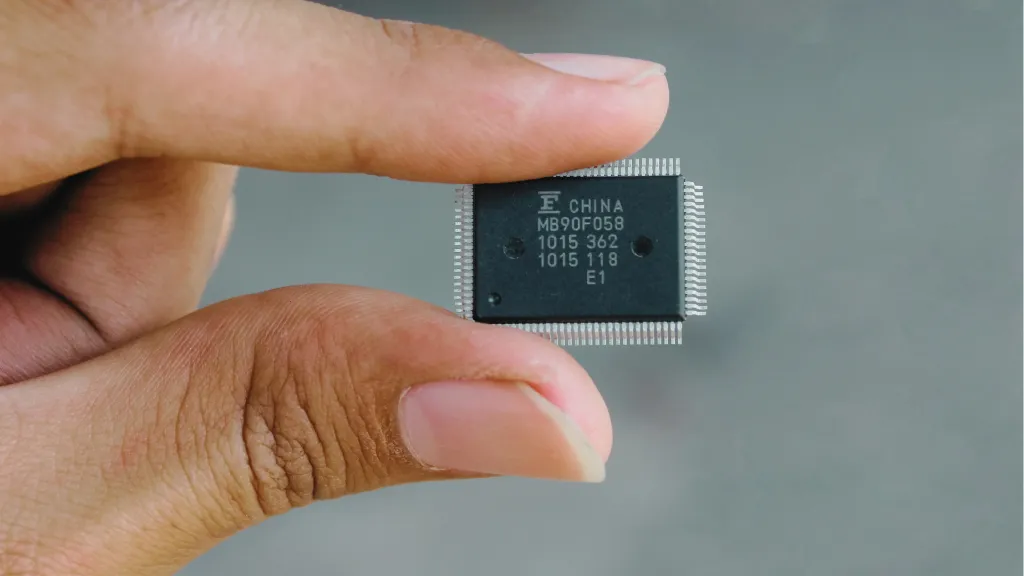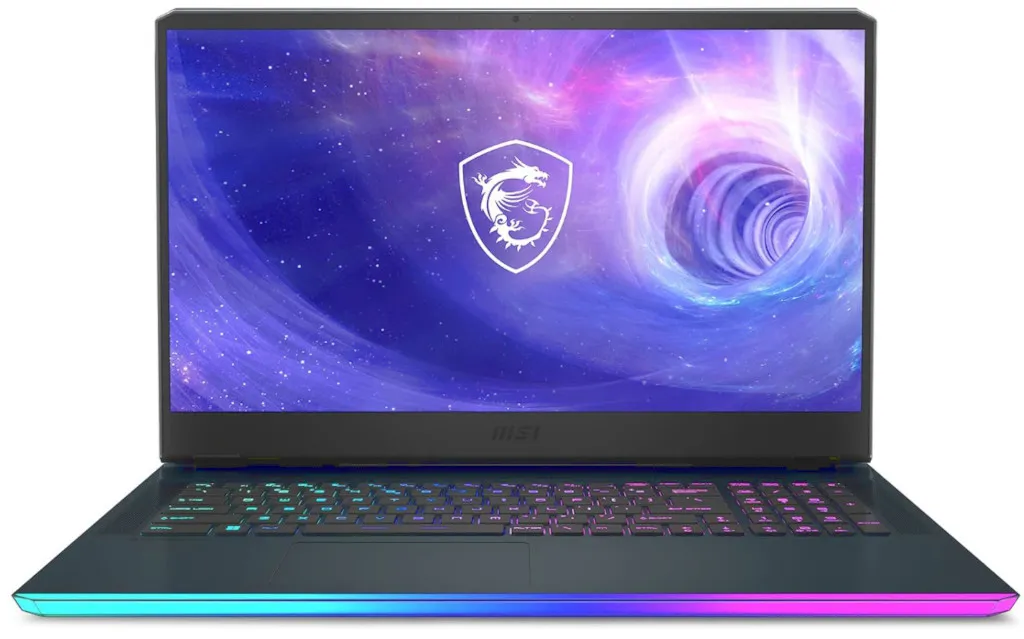If you’re reading this article, chances are you’re interested in encrypted communication and have come across the terms “GPG” and “PGP.” At first glance, they might seem interchangeable, but in reality, they refer to two distinct software programs that serve similar functions.
Understanding the differences between GPG and PGP is important because it can help you choose the right tool for your needs and ensure that your data is encrypted most effectively.
So, let’s dive into the details and explore what sets these two programs apart.
What is GPG?

GPG stands for GNU Privacy Guard, and it’s free, open-source software for encrypting and decrypting data. It’s based on the OpenPGP standard, which uses the same encryption algorithms and protocols as PGP.
GPG works by creating a pair of cryptographic keys: a public key shared with others and a private key kept secret. When someone wants to send me an encrypted message, they use my public key to encrypt it, and then I use my private key to decrypt it.
GPG is available for most operating systems, including Windows, macOS, and Linux, and it’s widely used by individuals and organizations who want to keep their communications secure. One of the advantages of GPG is that it’s free and open-source, which means that anyone can inspect the code to ensure there are no vulnerabilities or backdoors.
However, GPG can be more challenging than other encryption tools, and it might take some time to get the hang of it.
What is PGP?

PGP stands for Pretty Good Privacy, and it’s proprietary software that’s used for encrypting and decrypting data. Phil Zimmermann created it in 1991, and it was one of the first encryption programs available to the public.
PGP creates a pair of cryptographic keys, just like GPG: a public key shared with others and a private key kept secret. When someone wants to send me an encrypted message, they use my public key to encrypt it, and then I use my private key to decrypt it.
PGP is available for most operating systems, including Windows, macOS, and Linux, and it’s widely used by individuals and organizations who want to keep their communications secure. One of the advantages of PGP is that it’s generally considered more user-friendly than GPG, and both free and paid versions are available.
However, because PGP is proprietary software, it’s not open-source, so the public cannot inspect the code to check for vulnerabilities or backdoors.
Key Differences Between GPG and PGP
Several key differences between GPG and PGP are worth considering when choosing which software to use.
Compatibility with different operating systems
GPG is available for almost all operating systems, including Windows, macOS, and Linux, while PGP has limited support for Linux. If you use Linux, you may find GPG a more convenient option.
Availability of free and paid versions
GPG is free and open-source, meaning anyone can use it without paying for a license. PGP, on the other hand, has both free and paid versions, with the paid versions offering more features and support.
Ease of use and user-friendliness
PGP is generally more user-friendly than GPG, with a more intuitive interface and easier setup. However, GPG can be just as powerful if you take the time to learn its features and commands.
Security features and algorithms used
Both GPG and PGP use the same OpenPGP standard for encryption, which means they offer similar security levels. However, there may be differences in the specific algorithms used or how keys are generated, so it’s worth researching to determine which software offers the level of security you need.
Ultimately, the choice between GPG and PGP will depend on your needs and preferences. If you’re looking for a free and open-source option compatible with most operating systems, GPG may be the way to go.
If you’re looking for a more user-friendly option with additional support and features, PGP might be a better fit.
Related: GPG Key Expiration Best Practice
GPG vs PGP: Which One Should You Choose?
When choosing between GPG and PGP, there is no one-size-fits-all answer. The right choice will depend on your specific needs and preferences.
Here are some factors to consider:
Budget
If you’re on a tight budget, GPG might be the better option, as it is free and open-source. PGP, on the other hand, has both free and paid versions, with the paid versions offering more features and support.
Ease of use
If you’re new to encryption or want a tool that’s easy to use, PGP might be the better option. It has a more user-friendly interface and is generally considered easier to set up and use. However, if you’re willing to spend some time learning the ins and outs of encryption, GPG can be just as powerful.
Operating system
GPG is the clear winner if you use Linux, as it is compatible with almost all operating systems. PGP has limited Linux support so you may run into compatibility issues.
Security
GPG and PGP use the same OpenPGP standard for encryption, offering similar levels of security. However, there may be differences in the specific algorithms used or how keys are generated, so it’s worth researching to determine which software offers the level of security you need.
Ultimately, the choice between GPG and PGP will depend on your needs and priorities. If you’re unsure which one to choose, you may want to try both and see which one you prefer.
Conclusion
GPG and PGP are both powerful tools for encrypting and decrypting data. They both use the same OpenPGP standard for encryption, which means they offer similar security levels. However, there are some key differences to consider when choosing which software to use, such as compatibility with different operating systems, ease of use, and budget.
Ultimately, the choice between GPG and PGP will depend on your needs and preferences. If you’re on a tight budget or use Linux, GPG might be the better option. If you’re new to encryption or want a tool that’s easy to use, PGP might be a better fit. It’s worth researching and trying both options to see which works best for you.
Whatever software you choose, encryption is an important way to keep your communications secure and protect your privacy. With the growing importance of online security, it’s worth learning about encryption and finding a tool that works for you.







